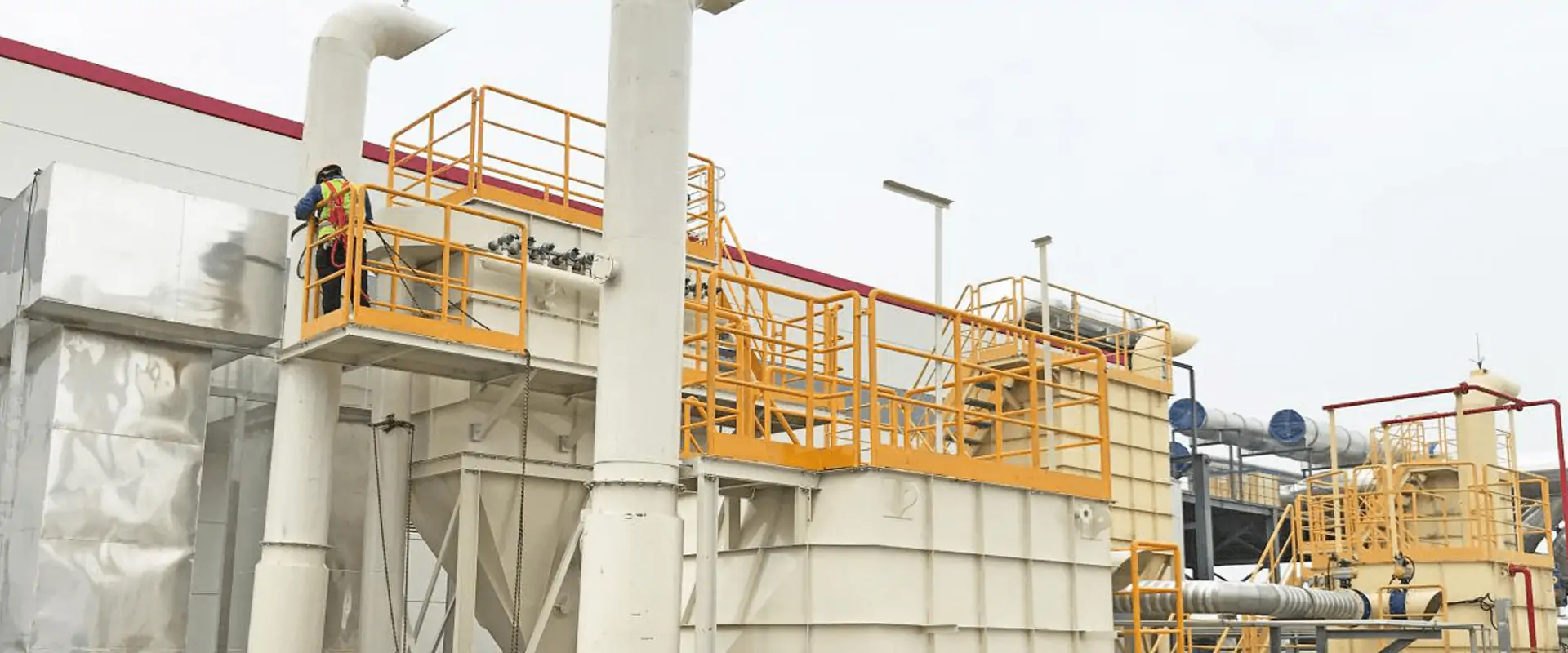Health and Well-being
Protects respiratory health by reducing harmful dust particles (PM2.5/PM10) in the air. E.g., air purifiers with HEPA filters in urban areas cut the risk of respiratory diseases.
Reduces allergens like pollen and dust mites. Central vacuum systems with HEPA exhaust help allergy sufferers by minimizing allergen recirculation
Environmental and Aesthetic Benefits
Improves outdoor air quality. Systems like electrostatic precipitators (adapted for civilian use) near industrial zones or roads decrease haze and smog.
Keeps interiors clean and reduces cleaning efforts. In offices, air – handling systems with dust filters keep equipment and furniture cleaner and extend their lifespan.

